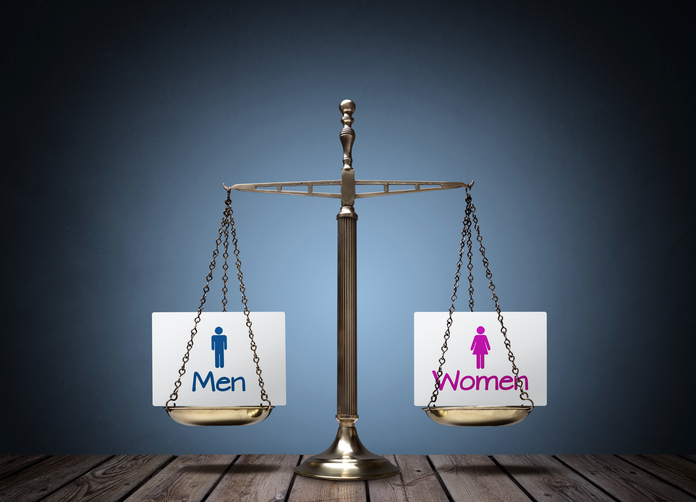
Men are significantly more romantic than women according to a new study that points to innate differences between the sexes.
The research combined the findings of more than 50 previous psychological and sociological papers and found that overall, women may be relatively unsentimental in matters of the heart.
The data showed men tending, on average, to fall in love faster and more often, to yearn for a partner more and to confess their love first.
When it came to break-ups, they were also less likely to initiate them, with about 65 per cent of “relationship dissolutions” instigated by women.
Following a separation, men tended to suffer more. “They often see fewer positives [emerging from] the break-up, experience fewer positive emotions such as relief or joy, feel lonelier, and even have a more pronounced increase in suicide risk — in some studies, it even doubles,” said Iris V. Wahring of the Humboldt University of Berlin, lead author of the new paper.
The study found that men also tend to benefit more from being involved in a relationship, in terms of mental health and life expectancy. For instance, one previous paper reported that men’s risk of an early death increased by 27 per cent following a spouse’s death; for women it rose by only 15 per cent.
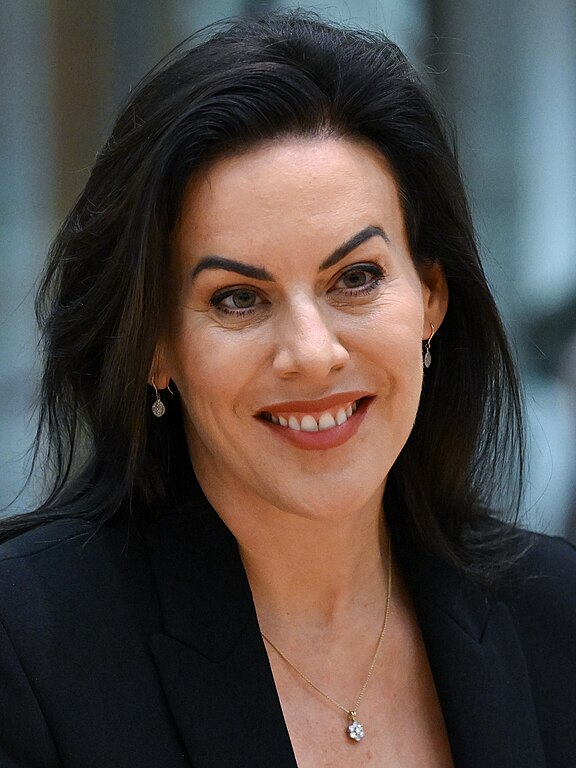
Irish people are healthier than their EU peers, but an ageing population will pose challenges for the health service into the future, according to a new report.
The Department of Health’s Health In Ireland Key Trends 2024 is an annual publication outlining trends in health and healthcare in Ireland over the past decade, and highlighting the challenges healthcare faces into the future.
Since 2015, the population has grown by 14.8pc – the population aged 65 and over grew by 36.5pc between 2015 and 2024.
Last year, the percentage of the population aged 65 and over stood at 15.5pc. Based on projections in the Department of Health’s report, that figure will rise to 23.8pc by 2044.
Rising life expectancy and an ageing population will put increasing pressure on the health service in the years to come, an issue that needs to be addressed according to Health Minister Jennifer Carroll MacNeill.
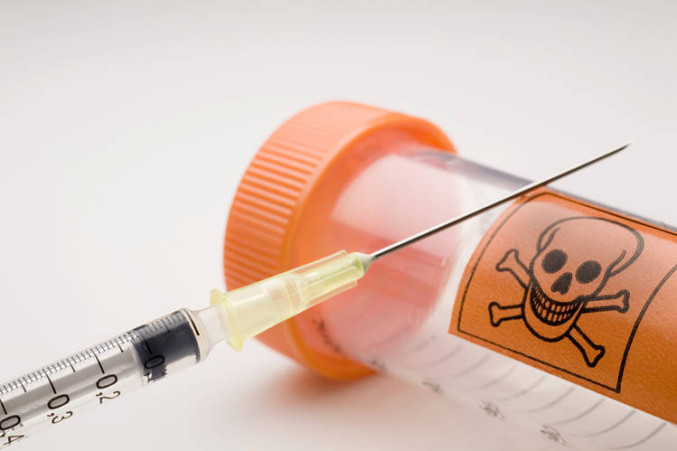
A UK Labour MP has announced that she will scrap a proposed major safeguard to her assisted suicide Bill, leading critics to claim that patient protections are being removed before the draft legislation has even become law.
In November, Kim Leadbeater MP was able to persuade the House of Commons to vote for her Terminally Ill Adults (End of Life) Bill at Second Reading by 330 to 275, partly because she gave robust assurances of its safety.
Among the key proposed safeguards was the requirement for a High Court judge to scrutinise and approve each application for doctor-assisted death. Ms Leadbeater announced today, however, that the judiciary will not be involved, but that each application will instead go before a multi-disciplinary expert panel which will include a social worker, lawyer, and psychiatrist.
James Cleverly, the former Conservative Home Secretary who opposed the Bill, took to social media to warn voters that safeguards were being removed by a loaded committee chosen by Ms Leadbeater to scrutinise the Bill.

Only 54pc of those aged 25-34 years plan to get married and/or have children in the future, according to a new survey commissioned by the Catholic marriage counselling service, Accord.
The figure was part of a survey done by the Amárach research firm on over 1000 adults.
The survey also found that 84pc of adults in Ireland say that the housing crisis is causing some couples to delay getting married and/or have children, reflecting a widely held belief.
Of the 54pc of those aged 25-34 who plan to get married and/or have children, just under half, 48pc, say they would have married before now if it wasn’t for the housing situation (33pc would have married in the past three years but didn’t).
Moreover, 60pc of couples planning to have children would have done so before now if it wasn’t for the housing situation (36pc would have had a child in the past three years but didn’t).
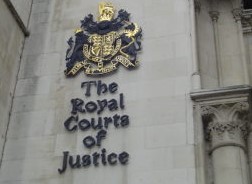
A Christian school worker in the UK who was dismissed after sharing social media posts questioning the wisdom of teaching gender theory has won a Court of Appeal battle.
Kristie Higgs lost her role as a pastoral administrator and work experience manager at Farmor’s School in Fairford, Gloucestershire, in 2019 after sharing Facebook posts criticising plans to teach about gender ideology and same-sex marriage in primary schools.
In a judgment on Wednesday – the latest stage of her years-long legal battle – three judges ruled in her favour.
Lord Justice Underhill said: “In the present case the claimant, who was employed in a secondary school, had posted messages, mostly quoted from other sources, objecting to Government policy on sex education in primary schools because of its promotion of ‘gender fluidity’ and its equation of same-sex marriage with marriage between a man and a woman.
He added that her beliefs are protected by the Equality Act.
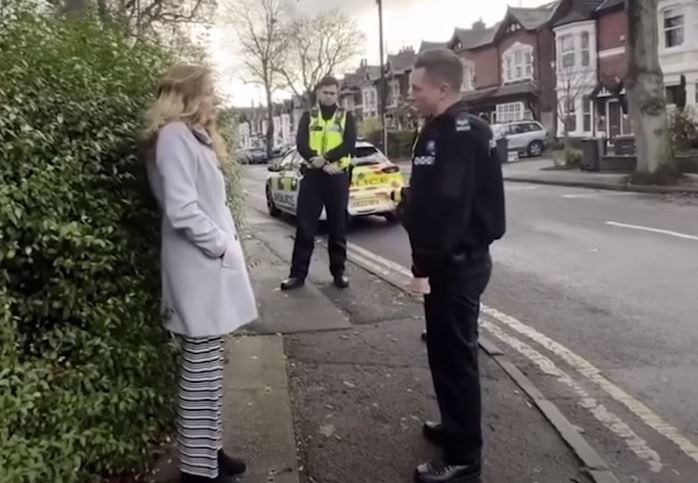
A pro-life volunteer has been arrested by UK police for silently standing in a public area near an abortion clinic. It is not the first time this has happened to Isabel Vaughan-Spruce under draconian measures against any form of pro-life activity, even silent vigils, that takes place near abortion facilities. The same kind of law exists in Ireland.
Video footage shows a West Midlands Police officer demand that Ms Vaughan-Spruce leave a public area because of what she is known to believe – despite her simply standing alone, praying silently, without undertaking any actions.
The footage shows the police officer explain that he believes Isabel’s “mere presence” may constitute “harassment, alarm and distress”, given that she is known to have pro-life beliefs and belong to a pro-life organisation. He thus concluded that she was breaching the rules of the “buffer zone” – an area within 150m of an abortion facility.
The incident took place despite West Midlands Police previously issuing an apology and a payout of £13,000 for breaching Vaughan-Spruce’s human rights on two prior occasions where they arrested her for praying silently in the same “buffer zone”.

A lawsuit to stop immigration raids on places of worship has been filed by a coalition of 27 churches and faith groups.
Previously, Immigration and Customs Enforcement (ICE) policy prevented enforcement actions in “sensitive” places like churches, schools, daycare centres and hospitals, but the new Trump administration claims they are being used to “hide criminals” and reversed the policy.
The lawsuit alleges an infringement of religious freedom as enforcement actions threaten ministry to vulnerable immigrant congregations.
The plaintiffs point to a recent case in Georgia, where an asylum-seeker was listening to a sermon in a Pentecostal church when ICE agents entered and arrested him.
Such arrests during worship and ministry would be “devastating” to plaintiffs’ religious practice, according to the lawsuit.
“It would shatter the consecrated space of sanctuary, thwart communal worship, and undermine the social service outreach that is central to religious expression and spiritual practice for Plaintiffs’ congregations and members,” the lawsuit states.

A leading Irish priest has warned that so-called ‘polite persecution’ is forcing many religious believers to keep their views to themselves because they are considered “culturally impolite” in contemporary Ireland.
Belfast-based priest Fr Tim Bartlett, who was responsible for organising the 2018 visit to Ireland by Pope Francis, was celebrating Mass for persecuted Christians on RTÉ One on Sunday morning organised by Aid to the Church in Need Ireland.
Fr Bartlett warned that “respect for the right to religious freedom” is “the cornerstone of a genuinely diverse, pluralist and free society.
“Sadly, despite the welcome progress in respect for so many other areas of human rights in the world today, research shows that respect for the right to religious freedom is under increasing threat, even in countries which pride themselves as being exemplars of respect for tolerance and diversity,” he said.
Fr Bartlett warned that many Irish believers experience “so-called ‘polite persecution’, where any public display or conversation about religious conviction is considered politically and culturally impolite.

Almost two thirds of the UK’s young adults believe that marriage is still an important institution, as Generation Z takes a more conservative view of sex and relationships than that of their parents.
The London Times’ Generation Z study revealed that only a fifth of 18 to 27-year-olds believed that marriage was “irrelevant”, while a third thought it better for a couple to be married before having children.
The research showed that young adults today were more in favour of marriage than young adults 20 years ago, when almost twice the proportion — 39 per cent — thought marriage to be irrelevant.
The survey found a similar swing regarding ‘one-night-stands’.
Only 23 per cent of 18 to 27-year-olds said their friends commonly had sex on a one-night stand — a steep fall from the 78 per cent of Millennials who said yes to that question 20 years ago.
On the issue of internet pornography, less than half (40 per cent) said that they thought their friends commonly looked at it, compared with 58 per cent 20 years ago.
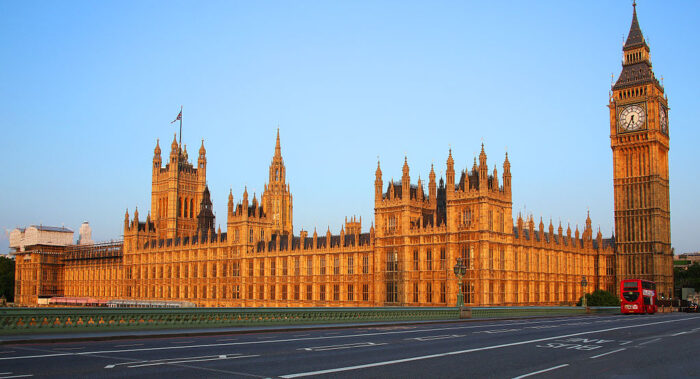
Labour has mothballed plans to make it easier to change the legal designation of one’s sex, the Times has reported.
They are now unlikely to adopt a self-id law, which has been in operation in Ireland since 2015.
It is believed that the step is partly meant to counter Reform UK’s surge in the polls.
During the election last summer Labour promised to change the process of requiring a panel of doctors and lawyers to approve gender recognition certificates. They alleged the process was “undignified”.
However, multiple sources said that the reforms were not a priority for ministers. They expect the plans to quietly “go away”.
Gender recognition and women’s rights have been a point of tension for Labour, but Sir Keir Starmer has strengthened his position on biological sex after previous struggles to define a woman.
On Sunday, Wes Streeting, the health secretary, bemoaned decisions taken by the NHS to remove the word “woman” from medical documents. He has also placed an indefinite ban on puberty blockers for children.